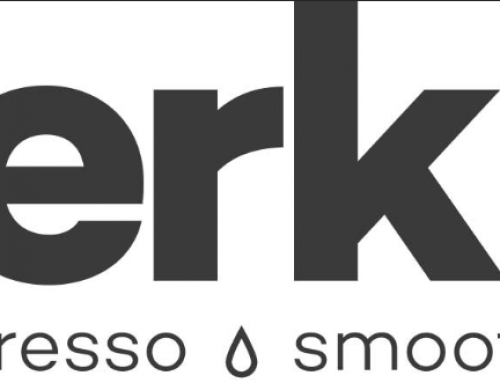
The key to success at work is being happy, not the other way round.
It sounds simple, but positive psychologist Shawn Achor caused a sensation when he talked about “The Happy Secret to Better Work” in his TED talk, way back in 2015. He found that a positive mindset made workers 31 per cent more productive than those who were stressed, negative or even just felt neutral. Many, if not most of you, will have also seen Simon Sinek’s TED talks, he’s another great commentator on ‘meaningful employment’ as a ‘right’, and of course the benefits to employers of having a ‘Why’, a purpose people can align with.
The polling organisation Gallup has been looking at employee sentiment or, put simply, the number of people actively engaged in their jobs, since 2000. In its last survey in 2019, it found that while numbers were at their highest level, that was still only one in three – 33 per cent. That’s a lot of people who aren’t interested in their work! Do you want those people in your business?! And if you have disengaged people in your team, that’s either bad hiring, or poor culture and management. All can be fixed. If you are one of the disengaged, don’t put up with it or grumble, there are plenty of organisations that can and do provide meaningful work and careers.
And this research was all well before the pandemic triggered unprecedented demographic shifts as thousands started rethinking their lives and purpose.
So, the million dollar question is: What makes you happy at work? Research has shown that when people feel personally fulfilled, they are happier and therefore more productive.
Achor’s own study of US employees also revealed that they were willing to forego nearly a quarter – 23 per cent – of their future lifetime earnings simply to have a job that was always meaningful. This research was not a one off. Study after study has shown that workers would be prepared to accept significantly reduced salaries for a position they saw as meaningful.
I am not advocating that candidates should accept a lower salary for meaningful work, but there is clearly a growing belief that a meaningful job is something to hold on to or to aspire to, whatever line of business you are in, and at whatever level. This is a huge advantage to companies in the cleantech sector, and especially for start-ups. People will make sacrifices, not just financial, to be part of something important, impactful, and meaningful. That said, being in cleantech isn’t by itself enough, you still need a culture that aligns with peoples’ other values and versions of what a meaningful place is.
You may not be hiring at the moment, but if your current staff are discontented, you won’t be able to retain them, either, if they are on the lookout for more personal satisfaction. And, conversely, of course, if they are happy, they are also less likely to leave, all the research finds. As Headhunters, we know this better than anyone.
Two years on from the start of the pandemic, we are now seeing ‘The Great Resignation’. There is certainly nothing like a global crisis for making people reassess their lives.

Facing your own mortality is a great trigger for taking a long hard look at yourself. Just ask Scrooge. If Dickens realised the way you lived your life had personal repercussions when he wrote ‘A Christmas Carol’ back in the nineteenth century, it should not be such a hard push for us now.
So, if everyone is taking a good, hard look at their lives, rather than downsizing and heading to the hills, why not look at where your skills could really make a difference – not just to you – but to your children and their children and to everyone else’s.
Before we all get too altruistic, businesses benefit too, obviously. Workers who believe they are meaningfully employed work harder (a 2.5 per cent increase in productivity, according to the Harvard Business Review), take less time off, and are far less likely to quit their jobs.
Wanting a life and a job with a purpose is now a reality in the business world and not just another ethereal concept. Combine this with the drive to save our planet, and many are looking to sectors which will help do just that. Cleantech being at the forefront of that.
And while we need every industry to look at how they can improve their environmental credentials and transition to low-carbon and sustainable models, there are already jobs out there that have an immediate and positive impact on the planet. We’ve been actively hiring them for over eight years at Hyperion.
Cleantech – clean technology – offers a broad range of jobs in sectors from renewable energy to electric transport to energy efficiency. What’s more is that your existing skills are transferable. From software development to project management, from finance to sales. The cleantech sector needs all of these skills and more. And the sector needs those visionaries who want to help protect the environment by using their knowledge, skills, and passion to improve and develop technological and business processes.
These are jobs that can futureproof your career, as well as our planet. You deserve a place to do and enjoy meaningful work.
As an employer, this exodus of talent from traditional, dirty, industries is a blessing to be tapped into if you can offer meaningful work, a purpose led culture, and an inspirational working environment.
If you are an employer wanting support with hiring great talent or creating amazing work cultures, please get in touch. We can help you in a range of ways.
If you are a candidate seeking a career in cleantech, joining our ‘Careers in Cleantech’ platform on Linked In, Facebook or Twitter would be a good start. We offer free advice, answer questions, and support those who want to make the switch, even those we may not be able to support directly via our Executive Search activities.


